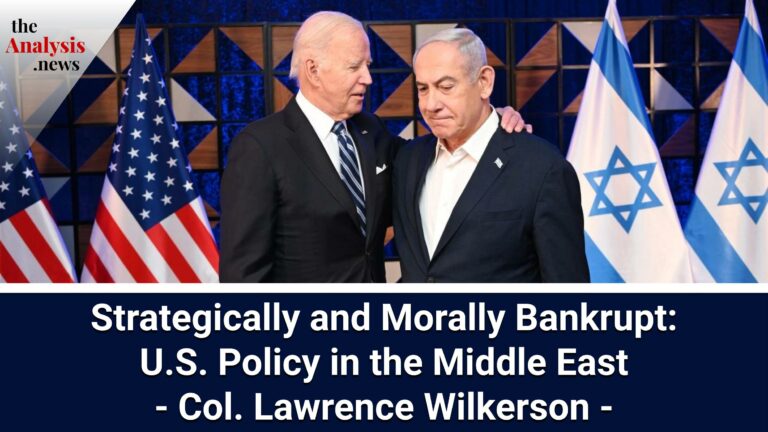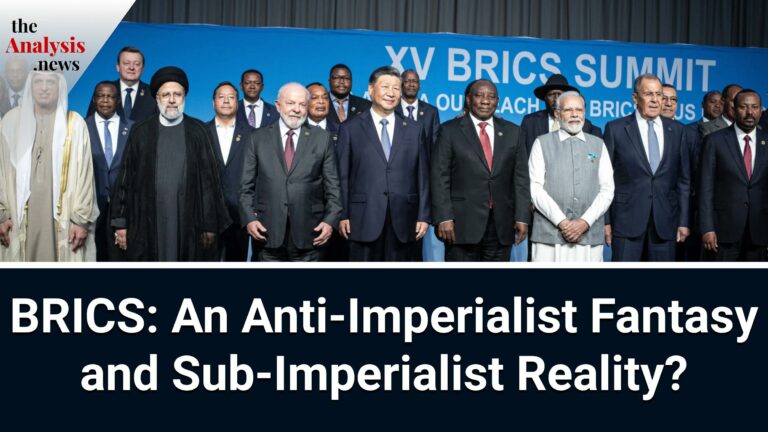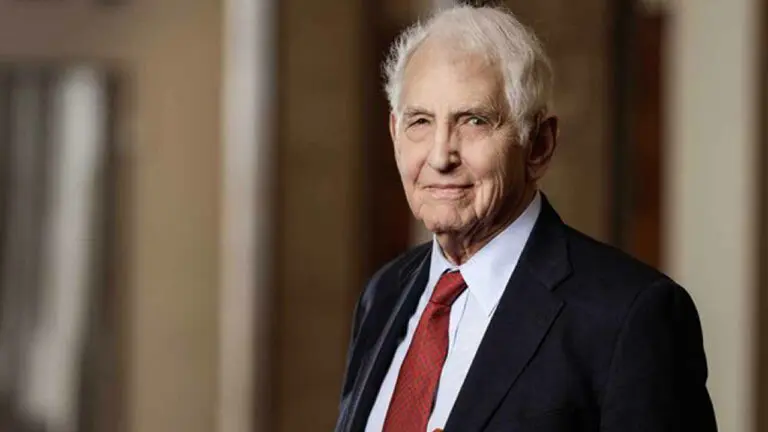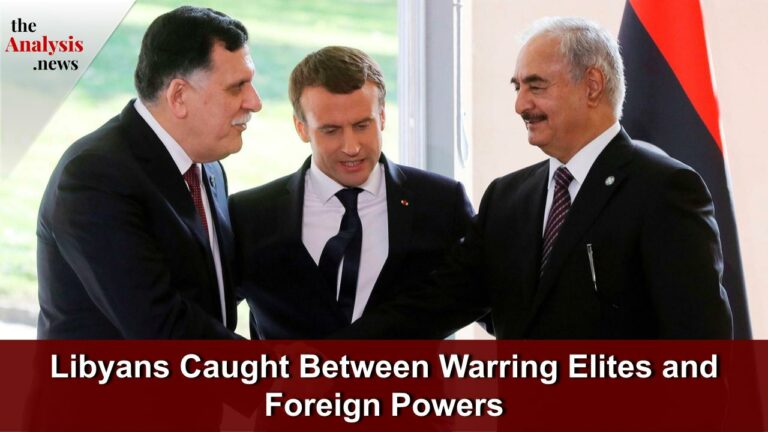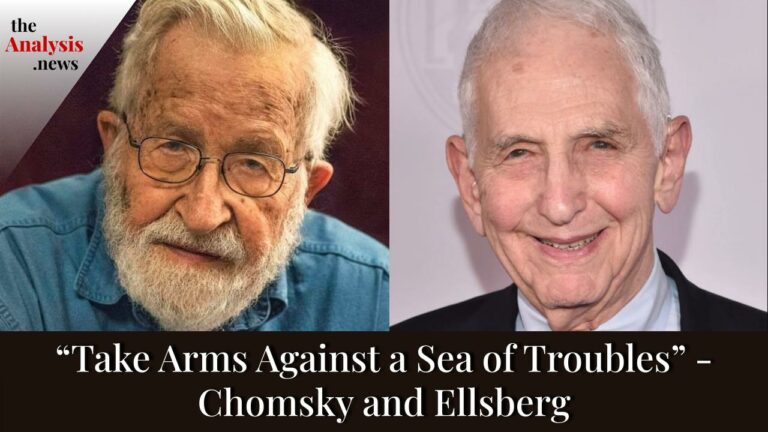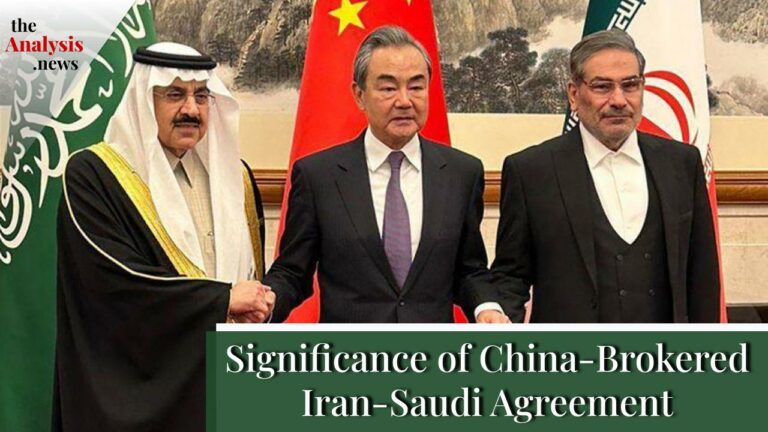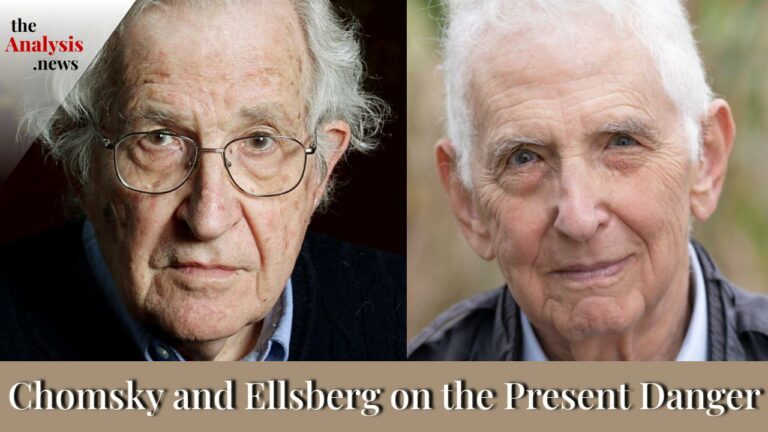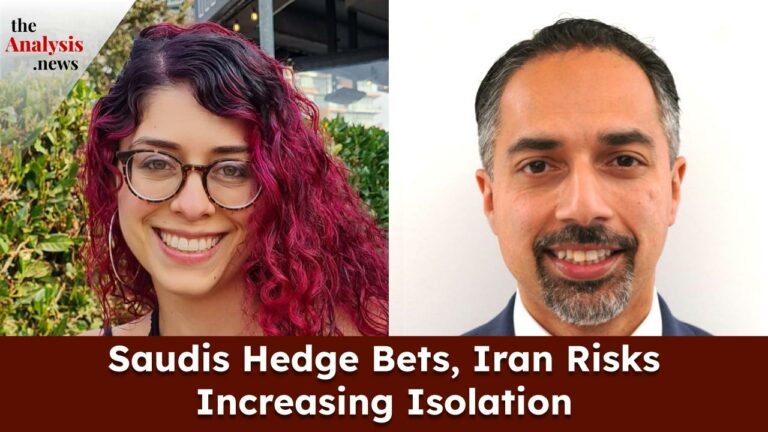Strategically and Morally Bankrupt: U.S. Policy in the Middle East – Col. Lawrence Wilkerson
Retired U.S. Colonel Larry Wilkerson discusses the Biden administration’s unconditional support for Prime Minister Benjamin Netanyahu’s bombardment of Gaza and large-scale indiscriminate attacks on Palestinian civilians. He points to state-sanctioned torture and other unlawful acts committed by the U.S. after 9/11 and asserts that the Israeli government is responding to Hamas’ attacks in a similar fashion by wholly disregarding international legal norms. In doing so, Israel is putting its own population at risk, as well as collectively punishing the Palestinians.
